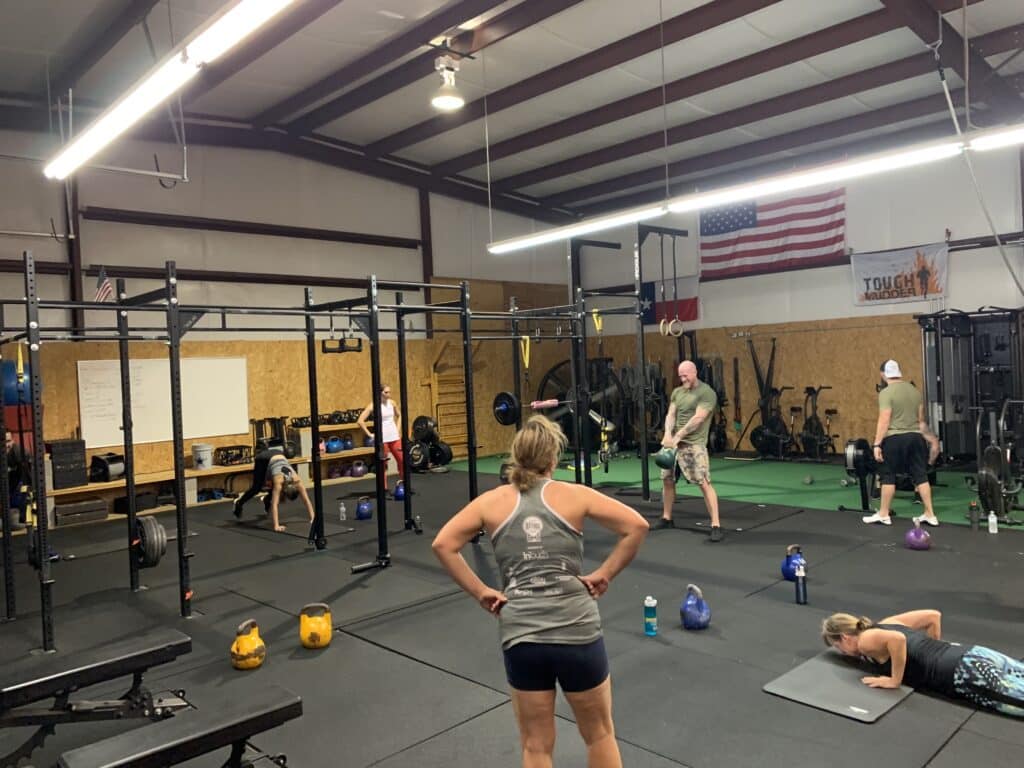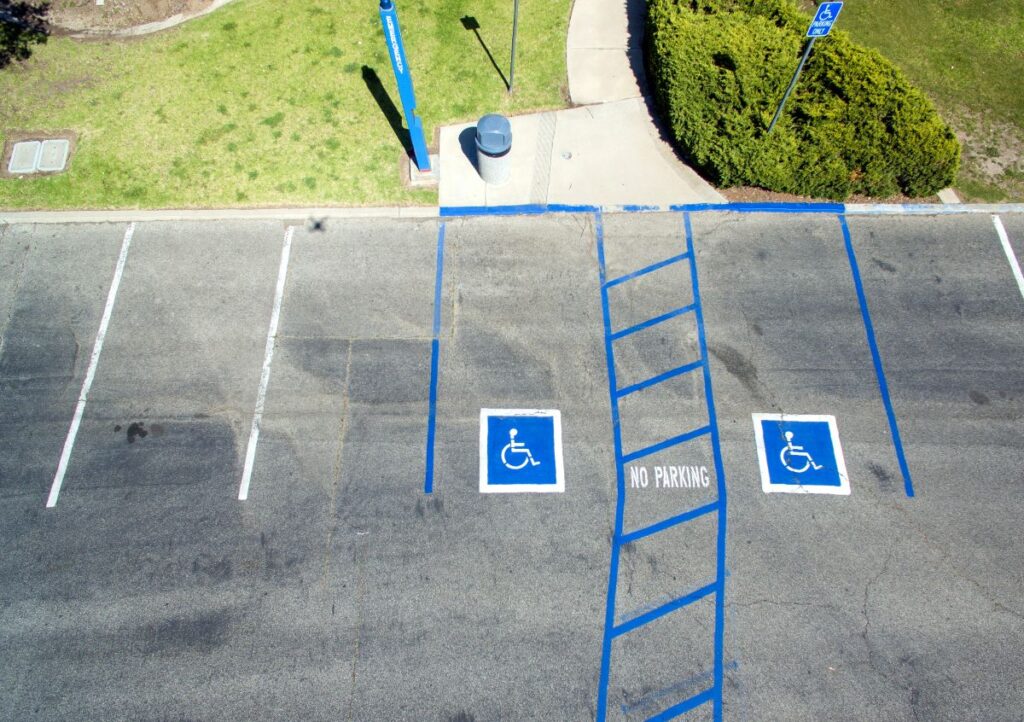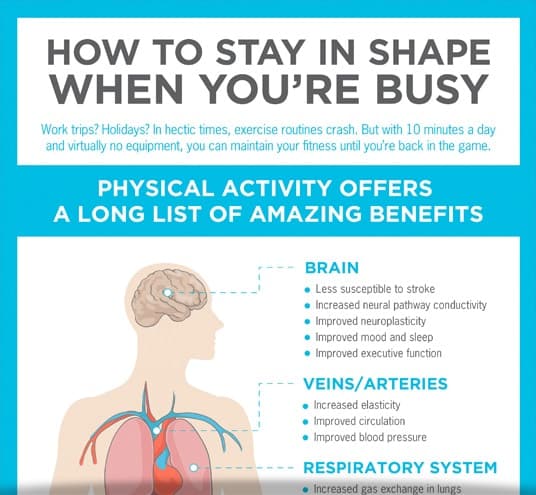Understanding gym safety codes in Frisco, Texas, is essential for both gym owners and fitness enthusiasts. Adhering to local ordinances and state regulations not only ensures member well-being, but also builds public trust and prevents costly compliance issues. This article provides a comprehensive overview of key safety regulations and best practices for gyms in Frisco, with a special focus on the landscape in Texas.
What Are Gym Safety Codes?
Gym safety codes are the collection of legal standards, operational protocols, and facility requirements that fitness businesses must meet to operate lawfully and protect the wellbeing of their patrons. These codes are shaped by city ordinances, Texas state regulations, and federal guidelines relating to health, safety, and accessibility.

Local Ordinances and Requirements in Frisco
Frisco has its own set of regulations covering recreation centers, fitness businesses, and gyms. The City of Frisco adopts comprehensive rules related to use of indoor fitness spaces, protection of facility surfaces, and the rights and responsibilities of facility users. Notable local rules include restrictions against unauthorized use of facilities, strict guidelines preventing vandalism or misuse of equipment, and clear standards regarding conduct in shared recreation spaces. These local codes supplement broader state laws, adding location-specific layers for community safety.
Moreover, Frisco’s development services oversee the inspection and code enforcement of all commercial properties—including gyms—to ensure ongoing compliance. The presence of regular inspections helps maintain adherence to both health and safety protocols.
State of Texas Regulations: Health, Safety, and Accessibility
Texas imposes state-level requirements for all gyms and fitness centers. Major points include:
- Facility layout must meet safety and accessibility standards, especially as defined by the Americans with Disabilities Act (ADA), which obligates gyms to provide access and reasonable accommodations for members with disabilities.
- Equipment must be placed with sufficient spacing for safety, typically recommended to be at least six feet apart between workout stations. Appropriately spaced equipment minimizes crowding and the risk of injury.
- Regular, thorough cleaning and disinfection of all equipment and surfaces is required—and gyms should communicate their protocols clearly to both staff and customers.
- Signage must be clearly posted to address health risks, communicate cleaning schedules, and educate members about hygiene, etiquette, and illness prevention.
- Use of safety waivers and sound legal contracts is important for protecting patrons as well as the business, particularly in the post-pandemic era.
Texas also mandates specific temperature and heat index protocols for athletic activities, designed to prevent heat-related illnesses. These include limits on outdoor practice and requirements for supervised water breaks during periods of high temperature or poor air quality.
Insurance, Waivers, and Liability
Gyms must carry adequate liability insurance and, in many cases, are required to provide supplemental accident insurance for participants in organized activities. Comprehensive waivers are also a legal necessity in Texas, not only to reduce liability for injuries but to disclose potential health risks, from viral exposure to equipment misuse. It is essential for all fitness businesses to keep their waivers up to date and ensure they comply fully with both state and federal regulations.
Safety Protocols and Best Practices
Beyond the legal minimums, fitness centers in Frisco and across Texas are encouraged to implement the following best practices:
- Mandatory staff training in first aid, CPR, and equipment operation.
- Clearly marked emergency exits and regularly maintained fire safety equipment.
- Limiting facility capacity to ensure safe distancing in all workout areas.
- Wellness screenings for patrons and staff during heightened public health risks.
- Making towels, disinfectant wipes, and hand sanitizer readily available throughout the facility.
Regular safety audits, transparent communication with members, and consistent enforcement of all posted rules can further minimize accidents and foster a positive gym environment.
ADA and Accessibility Compliance

Ensuring full access for people with disabilities is both a legal obligation and a vital part of creating an inclusive fitness community. Accessibility means having ramps, accommodating equipment, and programs for all ability levels, and ensuring staff are ready and able to provide support as needed. Non-compliance can result in lawsuits or penalties, but more importantly, it limits community participation and reputation.
Significance of Staying Current
Laws and best practices can evolve quickly, as seen with recent changes following the COVID-19 pandemic. Gym owners and fitness professionals must regularly review city ordinances, state laws, and public health guidelines. Being proactive about compliance not only reduces liability but helps create the safest possible environment for everyone.
Gym Safety Codes: Fostering Confidence in Frisco, Texas
Understanding and implementing gym safety codes in Frisco ensures a secure and welcoming environment for every member of the community. For those seeking personalized, safety-focused fitness, Marc Z Fitness & Nutrition stands out for a commitment to best practices and individualized personal training—helping clients reach their goals while always putting well-being first.

